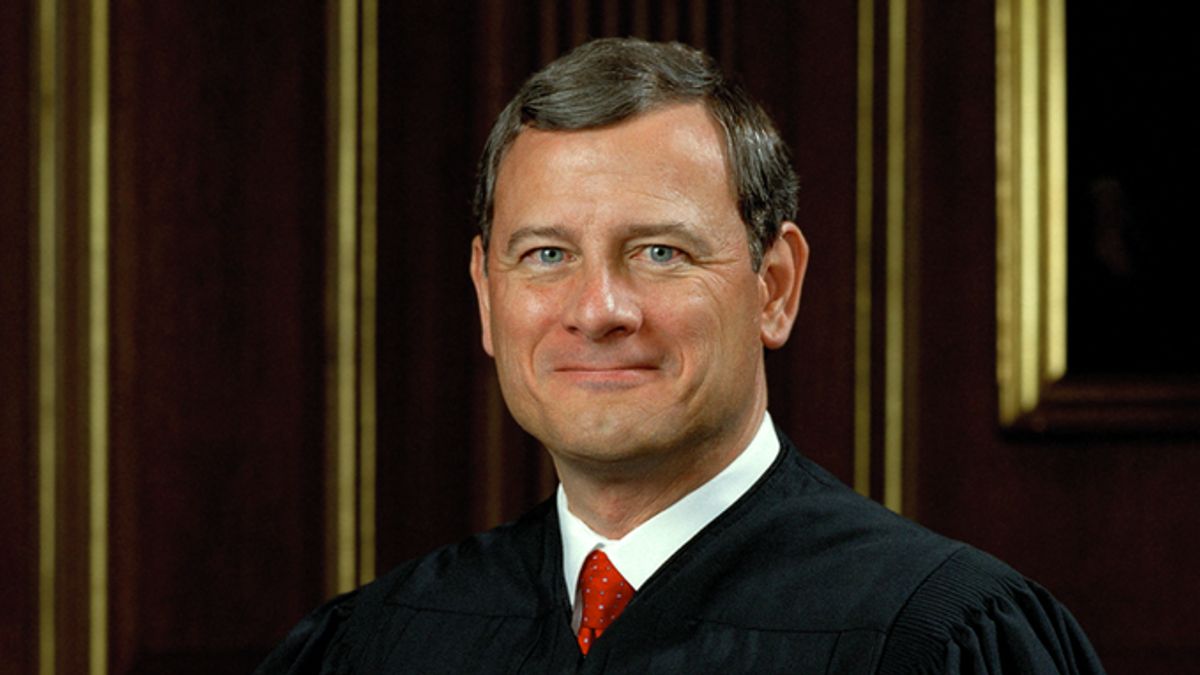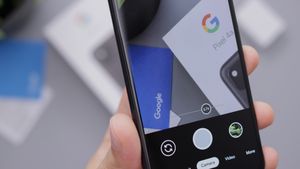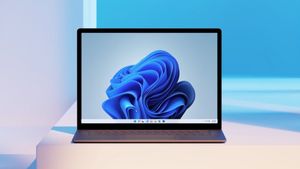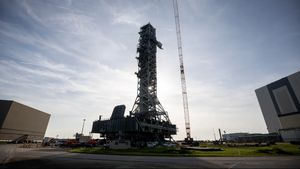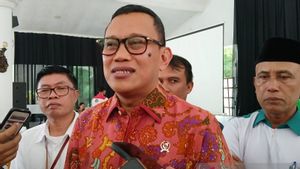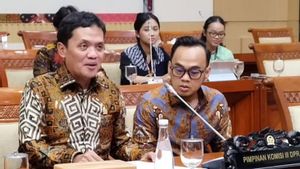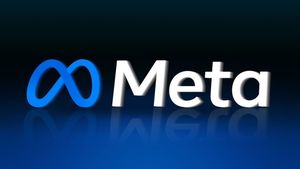JAKARTA - The head of the United States Supreme Court, John Roberts, stated that artificial intelligence (AI) provides benefits and challenges as well as for the legal field. This statement was revealed in a year-end report published on Sunday, December 24 in which Roberts called for "prudence and humility" in dealing with technology that continues to develop and change the way judges and lawyers carry out their duties.
Roberts expressed an ambivalent opinion in his 13-page report. He said that AI has the potential to increase access to justice for poor litigation, revolutionize legal research, and help courts resolve cases more quickly and cheaply. However, it also highlights privacy concerns and current technological inability to replace human decisions.
"I predict that human judges will remain around for a while," wrote Roberts. "But with the same belief, I predict that judicial work - especially at the court level - will be greatly influenced by AI."
Comments from the head of this court are the most significant discussion to date regarding the influence of AI in law. This is also in line with many courts at the lower level who are dealing with the best ways to adapt to new technologies that are able to pass lawyer exams but are also vulnerable to generating fictitious content, known as "fluusinations."
Roberts stressed that "every use of AI requires caution and humility." He mentioned an example in which AI hallucinations have led lawyers to mention cases that are not in court documents, which Roberts said were "always bad ideas." Roberts gave no further details than to mention that the phenomenon "became a headline this year."
SEE ALSO:
Last week, for example, Michael Cohen, former settlement and attorney Donald Trump, said in court documents opened last week that he mistakenly gave his lawyer a quote of a false case generated by the AI program and entered into official court documents. Another incident in which lawyers include AI-substitute cases in legal documents has also been recorded.
A federal appeals court in New Orleans last month made the news by revealing what appears to be the first rule by one of the 13 US appeal courts aimed at regulating the use of a generative AI tool like the ChatGPT from OpenAI by lawyers appearing ahead of it.
Regulations proposed by the 5th US Court of Appeals will require lawyers to state that they either do not rely on artificial intelligence programs to draft short letters or that humans review the accuracy of texts generated by AI in their court documents.
The English, Chinese, Japanese, Arabic, and French versions are automatically generated by the AI. So there may still be inaccuracies in translating, please always see Indonesian as our main language. (system supported by DigitalSiber.id)
